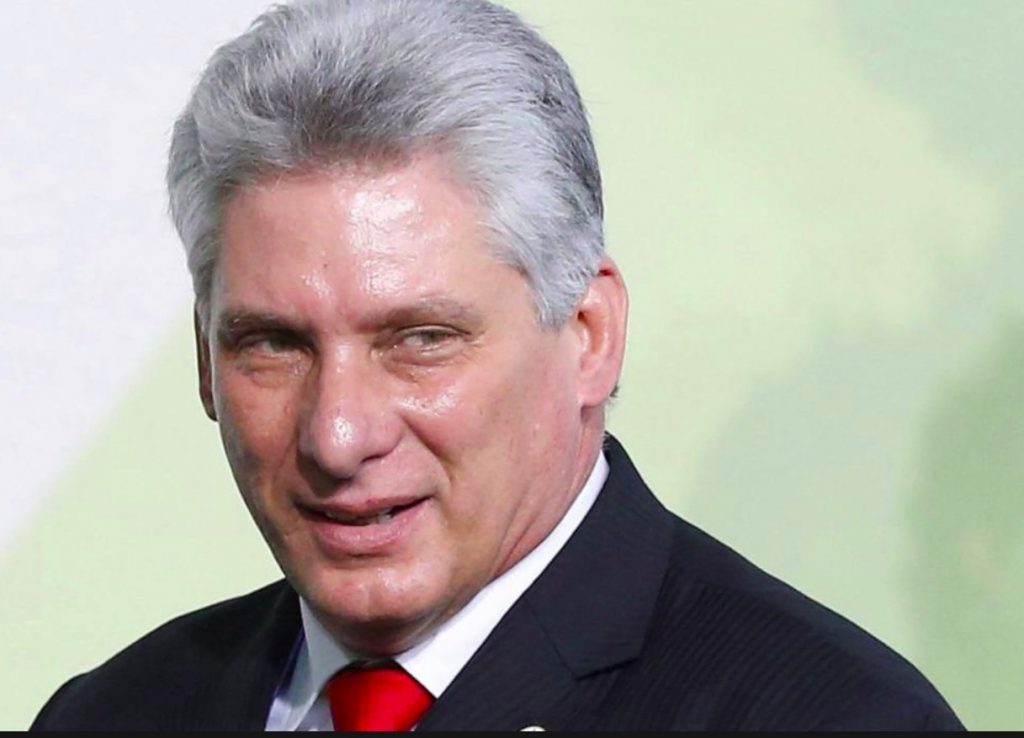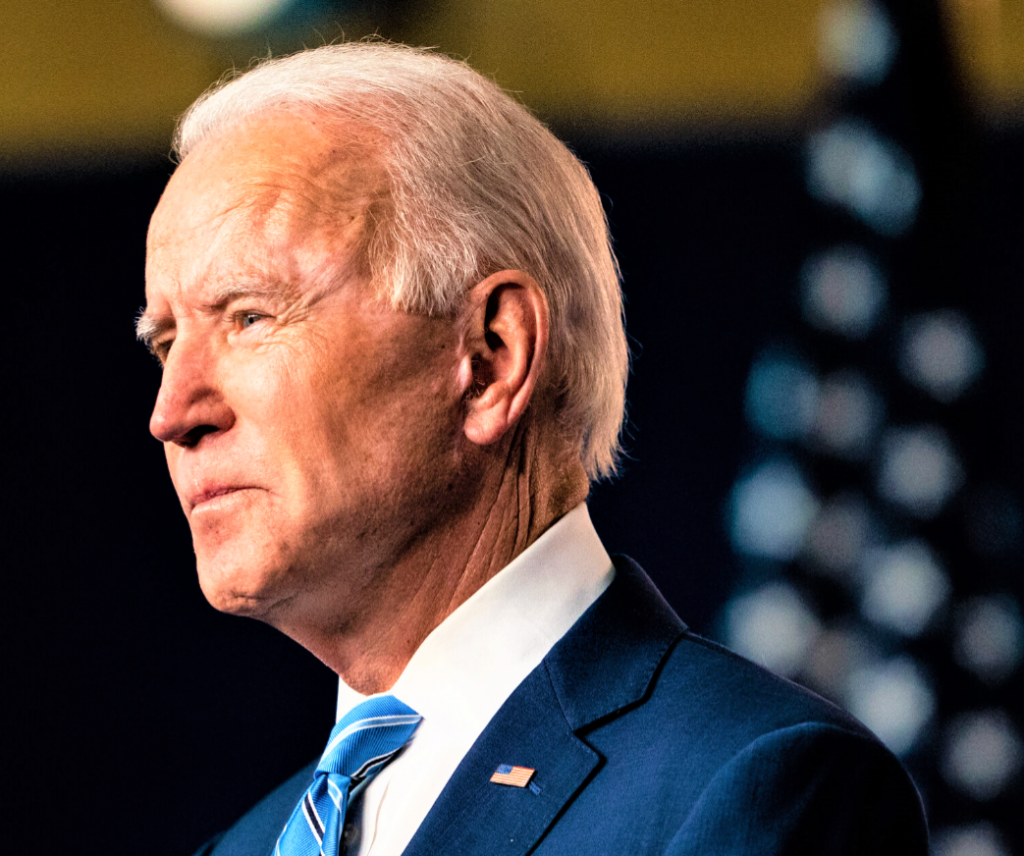Washington’s active support for dissidents puts everything in peril, most importantly, the people it wants to help
RESPONSIBLE STATECRAFT , October 27, 2021
William LeoGrande
Original Article: Back to Confrontation with Cuba
In a speech to the Communist Party Central Committee on October 25, Cuban President Miguel Díaz-Canel singled out the U.S. Embassy for “playing an active role in the efforts to subvert the internal order in our country.” Then he issued a warning:
“Faced with these behaviors, we will not stand idly by. We are determined to confront the subversive and aggressive work of that diplomatic representation,” adding “We have the experience of many years of diplomatic and operational work with the United States under the guidance of the historical leadership of the Revolution.”
The United States and Cuba are on a collision course over U.S. diplomats’ support for “democracy promotion” programs, and Cuban dissidents may end up as collateral damage, spending years in prison as a result.
Cuban officials were already frustrated earlier this summer by President Biden’s failure to keep his campaign promise to lift the punishing economic sanctions imposed by President Trump. Then on July11, at the height of the COVID-19 pandemic, spontaneous protest demonstrations erupted across the island, fueled by shortages of food, medicine, and fuel, and by people’s anger at the government’s failure to meet their needs.
Washington reacted by denouncing the arrest of protesters and imposing targeted sanctions against a number of senior Cuban officials in the military and police. In addition, President Biden pledged to step up support for dissidents on the island, signaling his embrace of the regime change strategy that has animated Washington’s policy for the past 62 years, with a brief hiatus during President Obama’s final two years.
In September, a group of Cuban artists and intellectuals calling themselves the Archipelago Project joined with traditional dissidents to call for nationwide “Marches for Change” on November 20, later moved to November 15, the day Cuba is scheduled to reopen its tourist industry. The government responded to this challenge by declaring the proposed marches illegal and threatening criminal charges against the organizers. The dissidents are not backing down, setting the stage for another confrontation.
It appears that the July 11 demonstrations have resurrected Washington’s pipedream that the Cuban regime is on the verge of collapse, and that the November 15 demonstrations will be a step toward its demise. By wholeheartedly endorsing the demonstrations, the Biden administration is throwing gasoline on an already volatile situation and giving the Cuban government ample ammunition to accuse the dissidents of being mercenaries paid and directed by United States.
Meanwhile, the U.S. Embassy in Havana, though still understaffed because the “Havana Syndrome” injuries U.S. personnel suffered in 2016-2017, has taken a leading role supporting dissident activists, pushing the boundaries of what’s normally allowed under the Vienna Convention on Diplomatic Relations. The Cuban government thinks U.S. diplomats have pushed well past those boundaries. Tension around this issue is nearing a breaking point.
Díaz-Canel’s October 25 warning about the behaviour of U.S. diplomats echoes the one Fidel Castro issued in 2003, another moment when Cuban officials felt under threat in the wake of the U.S. invasions of Afghanistan and Iraq — and amid semi-serious joking in Washington that Cuba would be next. As President George W. Bush intensified sanctions and stepped up support for dissidents, the U.S. diplomatic mission (then an Interests Section) served as a support base for regime opponents.
On March 6, 2003, Fidel Castro denounced the Interest Section as “a breeding ground for counterrevolutionaries and a command post for the most offensive subversive actions against our country.” But rather than close the mission, as the Bush administration hoped he would, Castro ordered the arrest of over 100 dissidents with whom U.S. diplomats had been in contact. Seventy-five were subsequently convicted of receiving U.S. support in violation of Cuba’s foreign agents laws and sentenced to prison terms ranging from six to twenty-eight years.
There has been little real diplomatic engagement between Cuba and the United States since 2017, but the Cuban government is not likely to close the U.S. embassy in response to its support for dissidents. After all, the last time relations were broken (in 1961) it took 54 years to restore them. Instead, as Díaz-Canel hinted, the government is more likely to follow the “guidance of the historical leadership” and once again punish the people Washington has been helping.
In the past decade or so, the Cuban government had moved away from sentencing dissidents to long stints in prison, instead pursuing a strategy of harassment and short-term detentions to discourage opposition activity. But Cuban officials are feeling under siege from the combined forces of COVID, economic shortages, discontent spreading on social media, U.S. sanctions, and U.S. funding for dissidents. In this environment, the Biden administration’s aggressive support for anti-government activists runs a serious risk of provoking Cuban officials to resume handing out heavy prison terms for those receiving U.S. aid.
President Biden has a long history of justifiable skepticism about the feasibility of nation-building and regime change schemes — a realists’ recognition of the limits of U.S. power. But his deeply held belief that U.S. foreign policy should promote human rights and democracy collides with that realism when a small country like Cuba is involved. Realism gives way to the temptation to deploy overwhelming U.S. power to overthrow unfriendly regimes, especially in “our own backyard.” Yet the long history of U.S. efforts at regime change in Latin America and beyond offers ample evidence that interfering in the internal affairs of other countries —even when it succeeds — rarely ends well for either U.S. interests or the people we presume to help.



